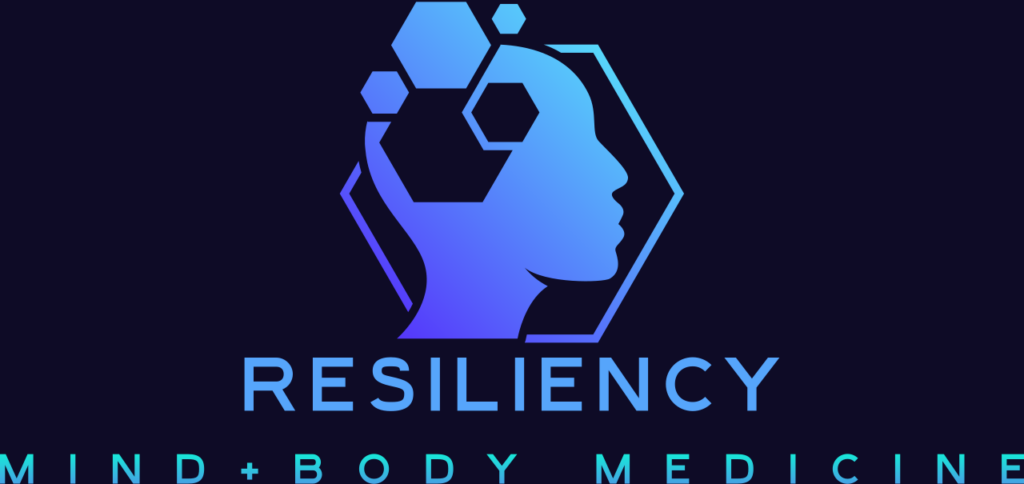In the realm of mental health, few conditions are as pervasive and yet as misunderstood as depression. As a psychiatrist with years of experience in the field, I’ve witnessed firsthand the toll that depression can take on individuals and their loved ones. In this blog post, I aim to shed light on what depression truly entails, how to recognize its signs, and the importance of seeking professional help, including meeting with a psychiatrist, for effective treatment.
What is Depression?
Depression isn’t simply feeling sad or down occasionally. It’s a complex mental health disorder that affects millions worldwide, impacting one’s mood, thoughts, behaviors, and even physical health. At its core, depression involves a persistent feeling of sadness, hopelessness, or emptiness that lasts for weeks, months, or even years if left untreated.
Recognizing the Signs
One of the greatest challenges with depression is recognizing it, both in oneself and in others. Here are some common signs and symptoms to look out for:
- Persistent Sadness: Feeling persistently sad, empty, or hopeless, often with no apparent reason or trigger.
- Loss of Interest: Losing interest in activities that were once enjoyable or engaging, including hobbies, socializing, or work.
- Changes in Appetite or Weight: Significant changes in appetite, leading to weight loss or gain.
- Sleep Disturbances: Difficulty falling asleep, staying asleep, or sleeping excessively.
- Fatigue and Low Energy: Feeling constantly fatigued, even after adequate rest, and experiencing a lack of energy.
- Difficulty Concentrating: Struggling to concentrate, make decisions, or remember things.
- Feelings of Worthlessness or Guilt: Persistent feelings of worthlessness, guilt, or self-blame.
- Physical Symptoms: Experiencing unexplained physical symptoms such as headaches, stomachaches, or other aches and pains.
- Suicidal Thoughts or Behaviors: Thoughts of death or suicide, or engaging in self-harming behaviors.
Seeking Help
If you or someone you know is experiencing these symptoms, it’s crucial to seek help promptly. Depression is a treatable condition, and no one should suffer alone. As a psychiatrist, I encourage individuals to reach out to a mental health professional for an evaluation and appropriate treatment.
Treatment Options
Depression treatment typically involves a combination of therapy, medication, lifestyle changes, and support from loved ones. Here are some common treatment options:
- Therapy: Psychotherapy, such as cognitive-behavioral therapy (CBT) or interpersonal therapy (IPT), can help individuals understand their thoughts, emotions, and behaviors, and develop coping strategies to manage them more effectively.
- Medication: Antidepressant medications, such as selective serotonin reuptake inhibitors (SSRIs) or serotonin-norepinephrine reuptake inhibitors (SNRIs), may be prescribed to help alleviate symptoms of depression. It’s essential to work closely with a psychiatrist to find the right medication and dosage.
- Transcranial Magnetic Stimulation: TMS is a non-invasive, FDA-approved magnetic stimulation therapy that targets the area of the brain involved in depression. We offer this medication free, innovative treatment at Resiliency Mind+Body Medicine.
- Lifestyle Changes: Engaging in regular exercise, maintaining a healthy diet, getting adequate sleep, and avoiding alcohol and drugs can all have a positive impact on mood and overall well-being.
- Social Support: Building a strong support network of friends, family, or support groups can provide emotional support and encouragement during difficult times.
- Meeting with a Psychiatrist: Consulting with a psychiatrist is a crucial step in the treatment process. Psychiatrists are medical doctors specializing in mental health, and they can provide a comprehensive evaluation, diagnose any underlying conditions, and develop a personalized treatment plan tailored to the individual’s needs.
During a psychiatric evaluation, the psychiatrist will conduct a thorough assessment of the individual’s symptoms, medical history, and any contributing factors. They may also order additional tests or screenings to rule out any underlying medical conditions.
Once a diagnosis is made, the psychiatrist will work collaboratively with the individual to determine the best course of treatment. This may involve therapy, medication management, TMS, supplements, or a combination depending on the severity of symptoms and the individual’s preferences.
Conclusion
Depression is a serious mental health condition that can have profound effects on individuals and their loved ones. However, it’s essential to remember that help is available, and treatment can make a significant difference in improving symptoms and quality of life.
If you suspect that you or someone you know may be struggling with depression, don’t hesitate to reach out for help. Whether it’s talking to a trusted friend or family member, seeking support from a therapist, or scheduling an appointment with a psychiatrist, taking that first step is crucial in starting the journey toward healing and recovery. Remember, you’re not alone, and there is hope for a brighter tomorrow.



